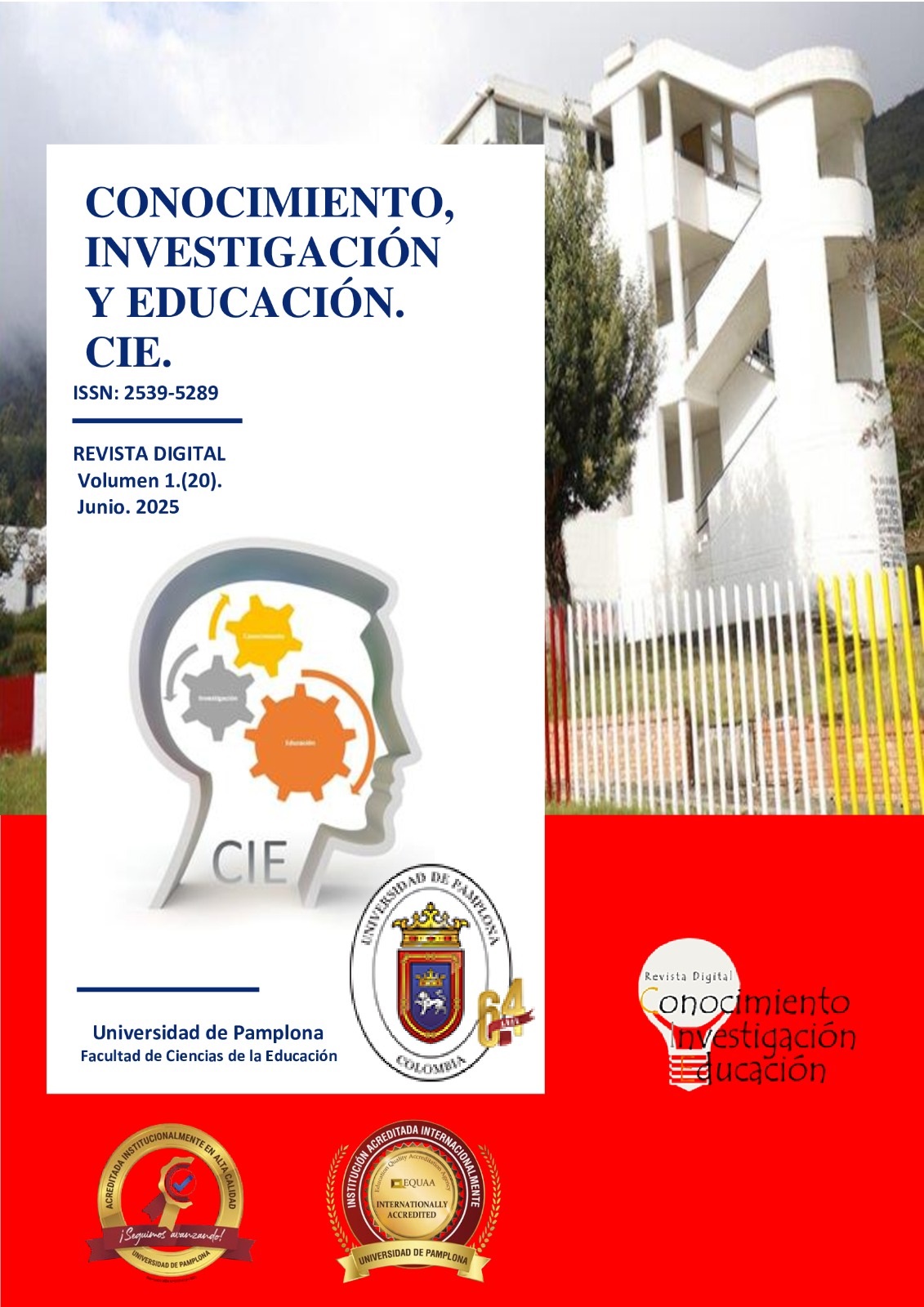Random Reward Mechanics in Behavioral Behavior in Youth from Bogotá
DOI:
https://doi.org/10.24054/cie.v1i20.3515Keywords:
Addiction, Consumer behavior, Spending, Random process, Video gamesAbstract
The impact of random reward mechanics, such as loot boxes, in video games is analyzed, focusing on their relationship with impulsive spending and addictive behaviors. Based on theories of immediate gratification and conditioning, a mixed methodology is applied, combining analysis of player perceptions and usage patterns. The results indicate that young people are especially vulnerable due to psychological stimuli, showing behaviors such as repetitive spending and normalization of these practices. The need for regulations to protect young players and balance monetization with responsibility is concluded, providing key inputs for developers, legislators and players in Bogotá.
Downloads
References
Arjona Martín, J. B., & Muñoz del Pozo, V. M. (2020). La consolidación del modelo game-as-a-service en la industria del videojuego: Micropagos, cajas botín y su problemática legal.
Cartwright, P., & Hyde, R. (2022). Virtual coercion and the vulnerable consumer: ‘Loot boxes’ as aggressive commercial practices. Legal Studies, 42(4), 555–575. https://doi.org/10.1017/lst.2022.7 DOI: https://doi.org/10.1017/lst.2022.7
Harish, A. (2022). The new slot machine: An international perspective on why the United States should learn to stop loving the loot box. Emory International Law Review, 36(1), 131–164.
Swink, S. (2009). Game feel: A game designer's guide to virtual sensation. Morgan Kaufmann. DOI: https://doi.org/10.1201/9781482267334
Tavinor, G. (2008). Definition of videogames. Contemporary Aesthetics, 6(16). https://digitalcommons.risd.edu/liberalarts_contempaesthetics/vol6/iss1/16
Uddin, S. (2021). Loot the children: The need to regulate predatory loot box mechanics in video games that target young audiences. Family Court Review, 59(4), 870–885. DOI: https://doi.org/10.1111/fcre.12615
Vázquez-Fernández, M. J., & Barrera-Algarín, E. (2020). El juego on-line en España y las apuestas deportivas: Los jóvenes como nuevos perfiles con ludopatía. Health and Addictions/Salud y Drogas, 20(2), 61–69. DOI: https://doi.org/10.21134/haaj.v20i2.500
Meduna, M., Steinmetz, F., Ante, L., Reynolds, J., & Fiedler, I. (2020). Loot boxes are gambling-like elements in video games with harmful potential: Results from a large-scale population survey. Technology in Society, 63, Article 101395. DOI: https://doi.org/10.1016/j.techsoc.2020.101395
Xiao, L. Y., Henderson, L. L., Yang, Y., & Newall, P. W. S. (2024). Gaming the system: Suboptimal compliance with loot box probability disclosure regulations in China. Behavioural Public Policy, 8(3), 590–616. https://doi.org/10.1017/bpp.2021.23 DOI: https://doi.org/10.1017/bpp.2021.23
Zendle, D., & Cairns, P. (2018). Video game loot boxes are linked to problem gambling: Results of a large-scale survey. PloS One, 13(11), e0206767. DOI: https://doi.org/10.1371/journal.pone.0206767
Downloads
Published
How to Cite
Issue
Section
License
Copyright (c) 2025 CONOCIMIENTO, INVESTIGACIÓN Y EDUCACIÓN CIE

This work is licensed under a Creative Commons Attribution-NonCommercial-NoDerivatives 4.0 International License.










